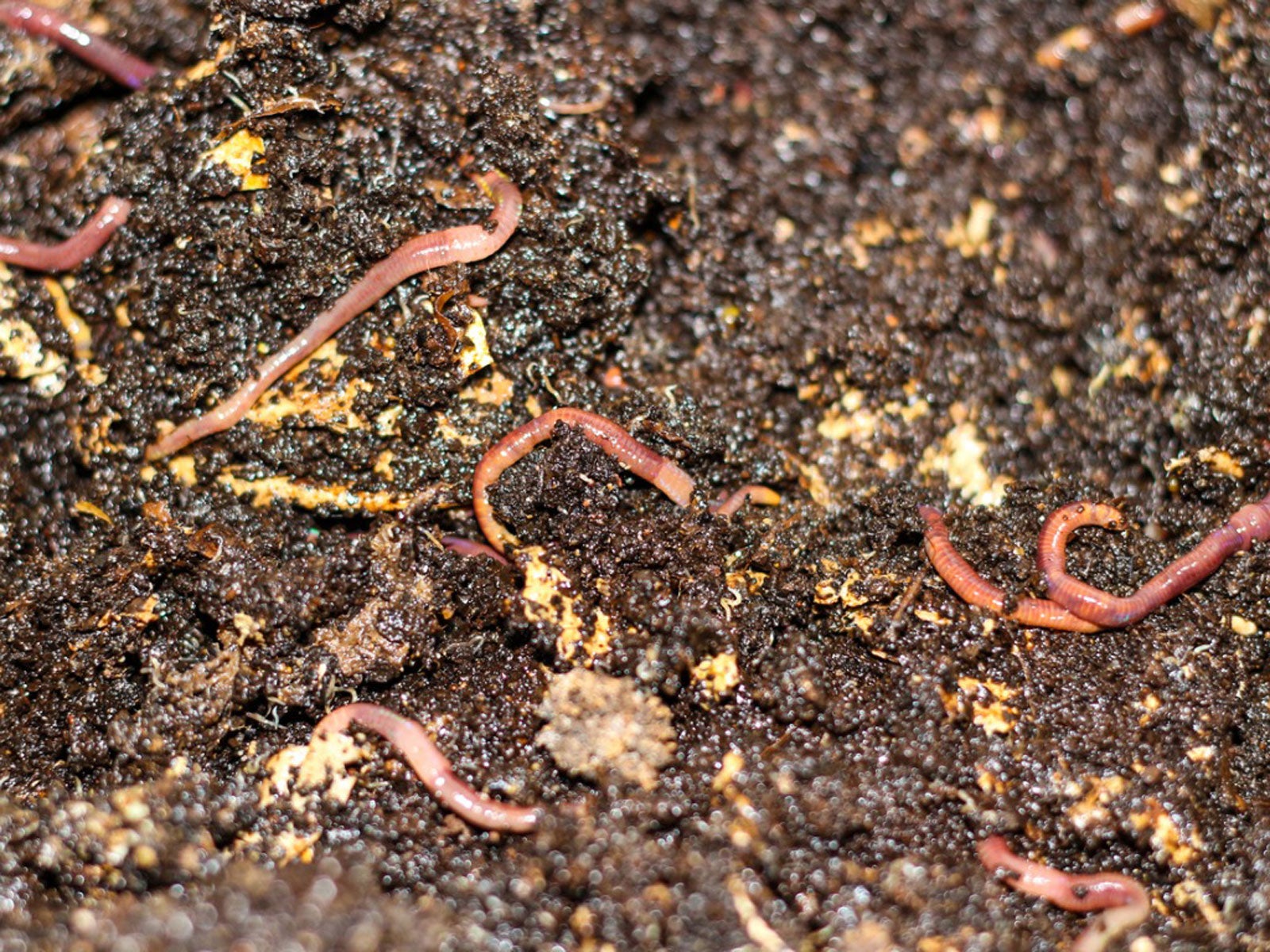Potted Plant Worm Castings – Using Worm Castings In Container Gardening


Worm castings, your basic worm poop, is loaded with nutrients and other components that promote healthy, chemical-free plant growth. There’s no reason not to use worm castings in containers, and you may notice increased blooming and considerable improvement in overall plant health. Read on to learn more about this potent natural fertilizer.
Using Worm Castings in Container Gardening
Worms create spaces for water and air as they tunnel through the soil. In their wake they deposit rich manure, or castings, that look a lot like coffee grounds. How do worm castings in containers help your potted plants?
Worm castings are rich in nutrients, including not only the basics but also substances like zinc, copper, manganese, carbon, cobalt, and iron. They are absorbed into potting soil immediately, making nutrients available to roots right away.
Unlike synthetic fertilizers or animal manure, worm castings won’t burn plant roots. They contain microorganisms that support healthy soil (including potting soil). They also may discourage root rot and other plant diseases, as well as provide natural resistance to pests including aphids, mealybugs, and mites. Water retention can be improved, meaning potted plants may require less frequent irrigation.
How to Use Worm Castings in Containers
Using worm castings for potted plants is really no different than using regular compost. With worm castings fertilizer, use about ¼ cup (0.6 ml.) for every 6 inches (15 cm.) of container diameter. Mix the castings into the potting soil. Alternatively, sprinkle 1 to 3 tablespoons (15-45 ml.) of worm castings around the stem of container plants, then water well.
Refresh the potting soil by adding a small amount of worm castings to the top of the soil monthly throughout the growing season. Don’t worry if you add a little extra, unlike chemical fertilizers, worm castings won’t harm your plants.
Worm casting tea is made by steeping worm castings in water. The tea can be poured over the potting soil or sprayed directly on foliage. To make worm casting tea, mix 2 cups (0.5 L.) of castings with about 5 gallons (19 L.) of water. You can add the castings directly to the water or put them in a mesh “tea” bag. Let the mixture steep overnight.
Gardening tips, videos, info and more delivered right to your inbox!
Sign up for the Gardening Know How newsletter today and receive a free copy of our e-book "How to Grow Delicious Tomatoes".

A Credentialed Garden Writer, Mary H. Dyer was with Gardening Know How in the very beginning, publishing articles as early as 2007.
-
 Looking For Plants To Give You The Soft And Fuzzies? Try These 5 Fuzzy Leaf Plant Options
Looking For Plants To Give You The Soft And Fuzzies? Try These 5 Fuzzy Leaf Plant OptionsLovers of texture, drama, silver foliage and tactile plants will adore these special sensory garden additions. These fuzzy leaf plant options will leave you all aglow
By Susan Albert
-
 Get Ready For A Summer Of Hummers! Grow These Full Sun Hummingbird Plants and Flowers
Get Ready For A Summer Of Hummers! Grow These Full Sun Hummingbird Plants and FlowersIf you’re lucky enough to enjoy a sunny backyard, make sure you are maxing out on your pollinator opportunities and grow these full sun hummingbird plants and flowers
By Tonya Barnett